Vietnam aims to achieve double-digit growth and become a high-income country by 2045. To realize this aspiration, Mariam Sherman, World Bank Country Director for Vietnam, Cambodia and Laos, emphasized at the recent Vietnam Business Forum 2025 (VBF 2025) that Vietnam needs an “inclusive, sustainable and fast-paced” development process to address three major “bottlenecks”.
That is the bottleneck in labor productivity; investment in technology, innovation to escape the outsourcing “trap” and infrastructure for growth - especially clean energy.
According to Ms. Sherman, Vietnam's investment in R&D is still low, only 0.5% of GDP. If it does not quickly adopt technology, Vietnam risks being stuck between low-cost and high-tech competitors.
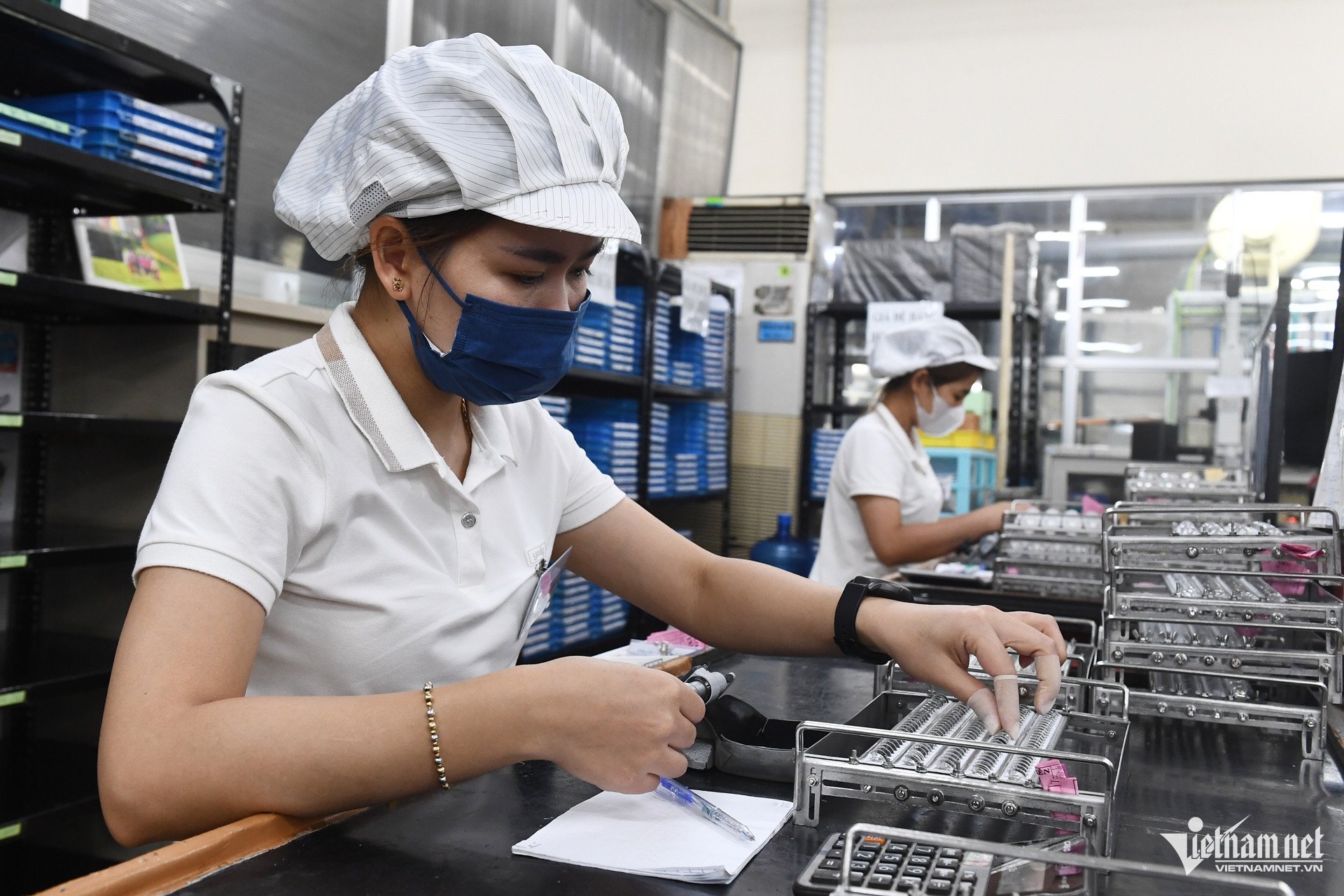
Resolution No. 57 of the Politburo clearly oriented the development of high technology associated with the country's industrialization and modernization, while also requiring the completion of the legal system and policies to create favorable conditions for research, development, application and technology transfer.
Amend the Law on High Technology to institutionalize the spirit of the resolution, thereby creating a transparent, stable and attractive legal corridor for investment, production and business activities in the high-tech sector.
The draft Law on High Technology (amended) consists of 6 chapters and 29 articles, 6 articles less than the Law on High Technology 2008 (amended in 2013 and 2014). Due to restructuring, there are some changes in form compared to the current Law on High Technology.
The draft is currently being discussed at the 10th session of the 15th National Assembly .
The law amendment is expected to promote investment in high-tech production and business, contributing to the goal of making science and technology a driving force for economic development. Experts highly appreciate this effort, because high-tech FDI not only brings investment capital but also advanced technology, management knowledge and transfer opportunities to domestic enterprises.
A controversial point in the draft Law on High Technology (amended) is how to define high-tech enterprises and the accompanying incentive mechanism.
Currently, the High-Tech Enterprise Certificate is only valid for 5 years and incentives are only available during this period. Many investors believe that this regulation is unstable and inconsistent with the principle of long-term incentives, making them cautious about billion-dollar projects with long-term technology life cycles.
In this revision, the drafting agency proposed to remove the mechanism of granting Certificates and switch to allowing enterprises to self-assess according to the Law's criteria to reduce administrative procedures. However, this approach raises concerns about the inconsistency in the understanding and assessment of the management agency during post-audit, which may affect the preferential benefits that investors have calculated.
Sharing with the press, Mr. Bui Ngoc Tuan, Deputy General Director of Deloitte Vietnam Tax and Legal Advisory Services, said that with a certification period of only 5 years, it is difficult for investors to plan strategies for large projects lasting 10-15 years. Therefore, the stability and predictability of policies are key factors to attract high-tech investment.
He proposed that the certification mechanism should not be completely abandoned but should be improved in a more flexible direction: extending the deadline, applying digital technology in assessment, or periodically reviewing based on the level of risk.
Many countries such as Germany, the Netherlands and India still maintain high-tech enterprise certification, considering it a management tool and a "capacity stamp" to help businesses affirm their position in the global value chain.
Regarding the issue of amending the Law on High Technology, Mr. Ko Tae Yeon, Chairman of the Korean Business Association in Vietnam (Kocham), assessed that the draft Law on High Technology, which is being considered and discussed by the National Assembly, is a particularly important legal document, playing a key role in promoting innovation and improving national industrial capacity. This is the core foundation for Vietnam to move towards building a high-tech-based economy in the future.
However, what worries him and the Korean business community in Vietnam is that some of the revised contents may affect the preferential policies that FDI enterprises have been enjoying according to previous investment commitments.
“If the amendment leads to a narrowing of the scope of incentives or a decline in competitiveness in investment activities, it could have a negative impact on Vietnam’s medium- and long-term development goals – including expanding investment, transferring technology and training high-quality human resources,” he stressed.
Mr. Ko Tae Yeon noted that it is necessary to ensure that the amendment of the High Technology Law does not reduce the motivation of FDI enterprises. The process of amending the law needs to be carried out in a reasonable, harmonious and consistent manner, avoiding creating instability in the investment environment.
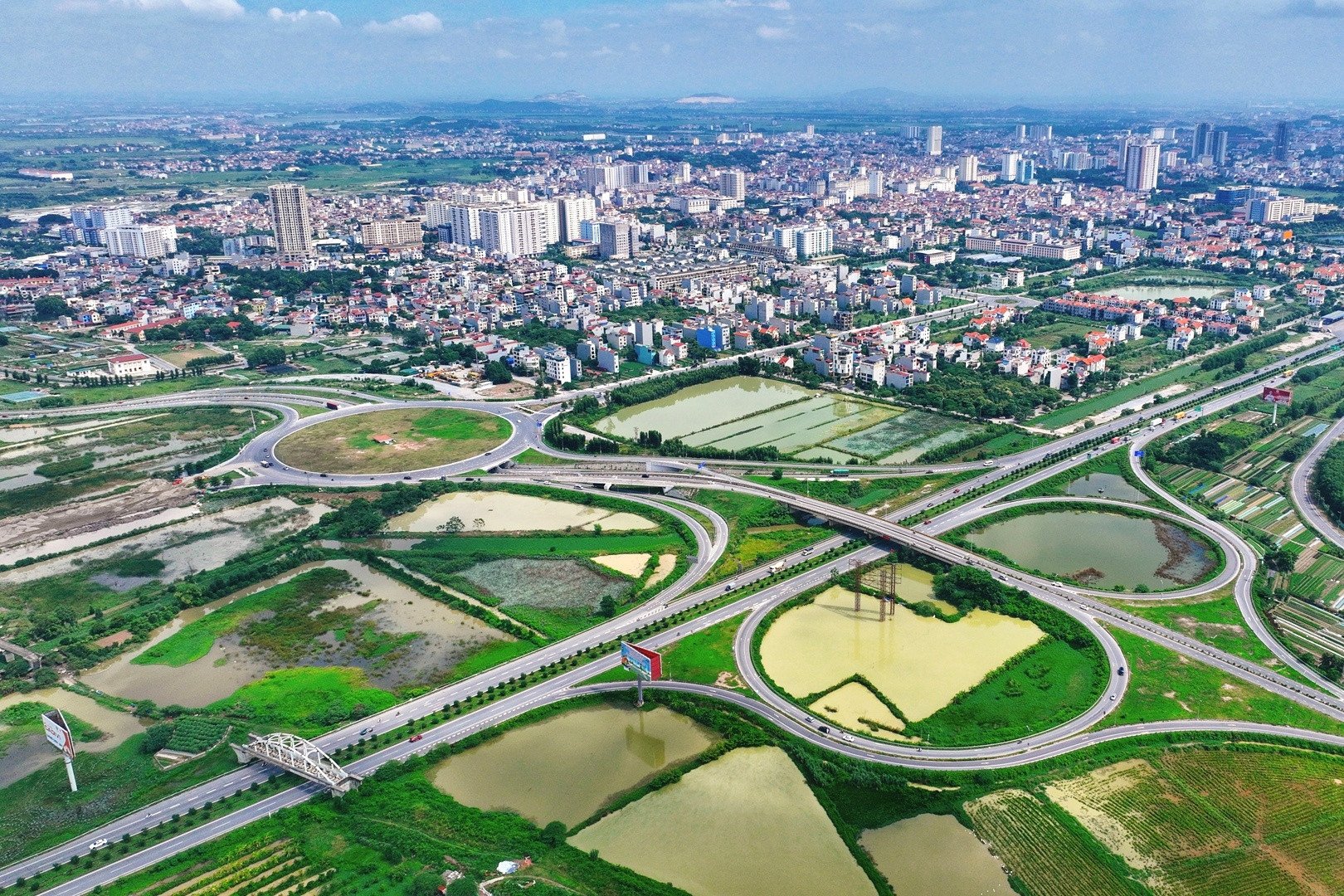
Source: https://vietnamnet.vn/de-luat-cong-nghe-cao-sua-doi-thuc-su-tro-thanh-nam-cham-hut-fdi-2462465.html





![[Photo] Unique architecture of the deepest metro station in France](https://vphoto.vietnam.vn/thumb/1200x675/vietnam/resource/IMAGE/2025/11/14/1763107592365_ga-sau-nhat-nuoc-phap-duy-1-6403-jpg.webp)
![[Photo] Unique art of painting Tuong masks](https://vphoto.vietnam.vn/thumb/1200x675/vietnam/resource/IMAGE/2025/11/14/1763094089301_ndo_br_1-jpg.webp)

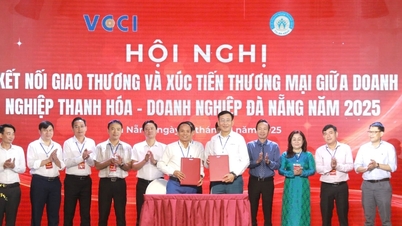

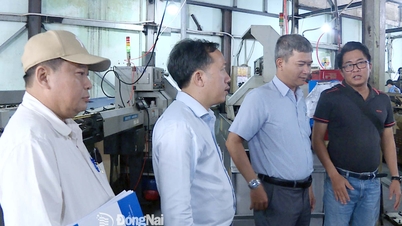

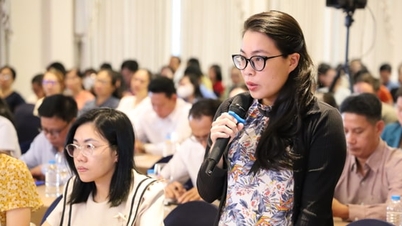

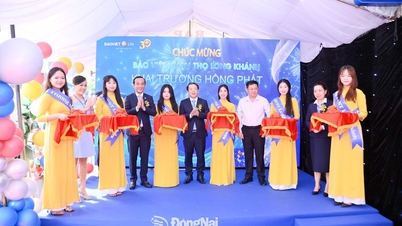
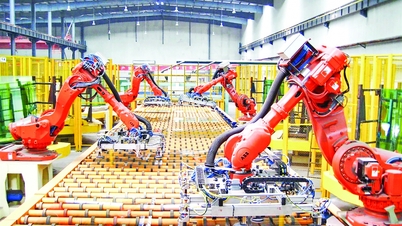

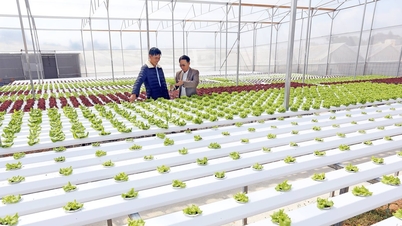





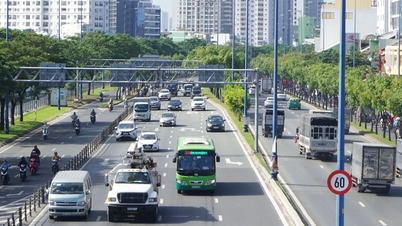
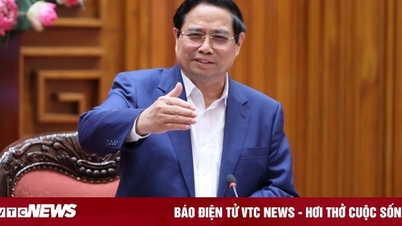














![[Photo] Special class in Tra Linh](https://vphoto.vietnam.vn/thumb/1200x675/vietnam/resource/IMAGE/2025/11/14/1763078485441_ndo_br_lop-hoc-7-jpg.webp)










































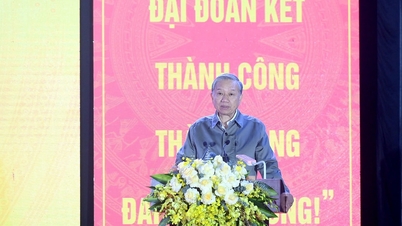



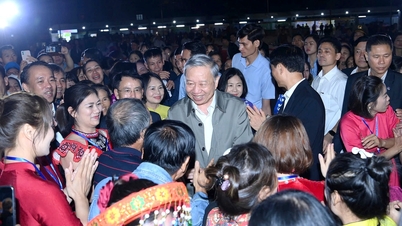
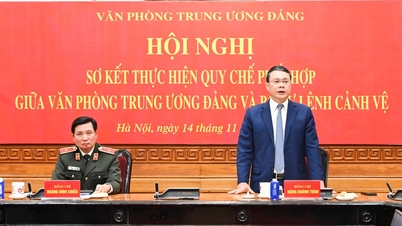




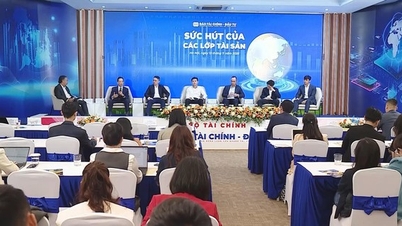
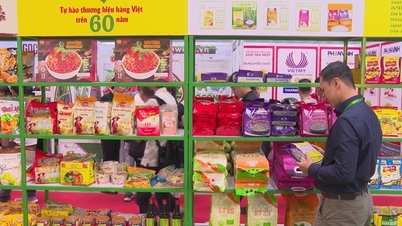
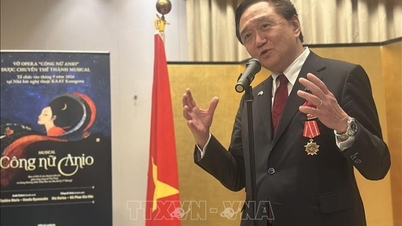

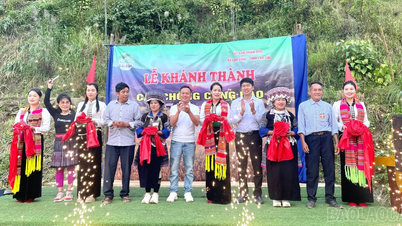

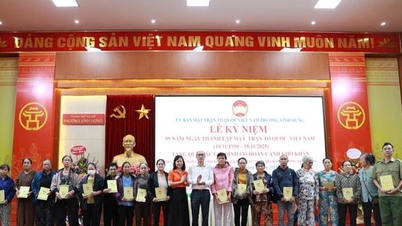











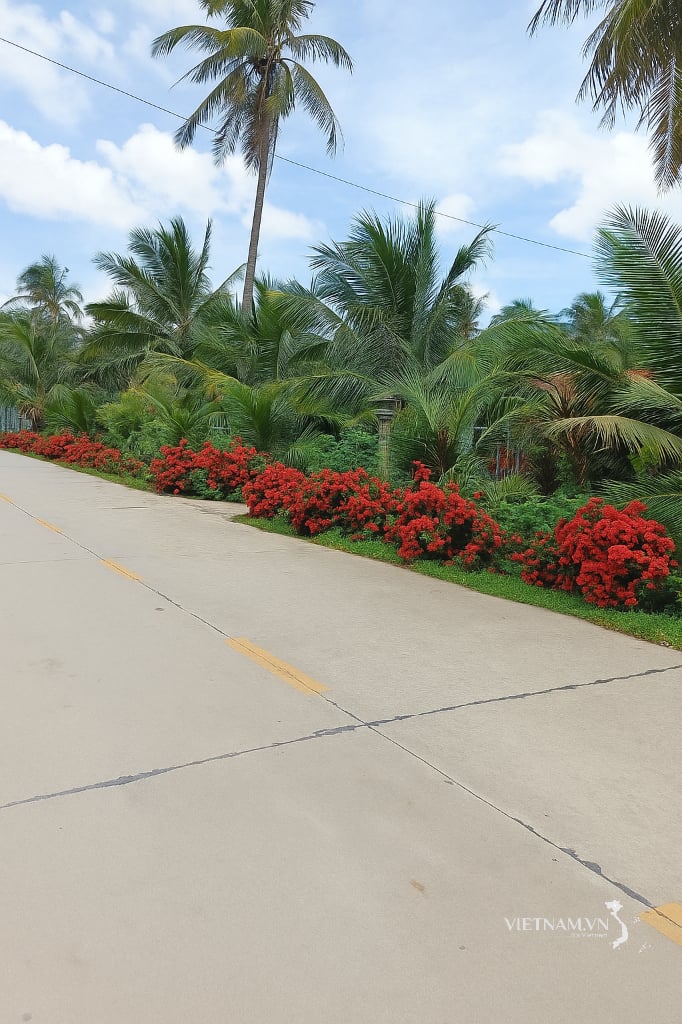
Comment (0)